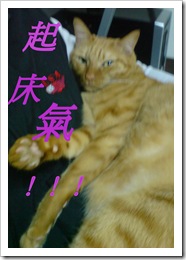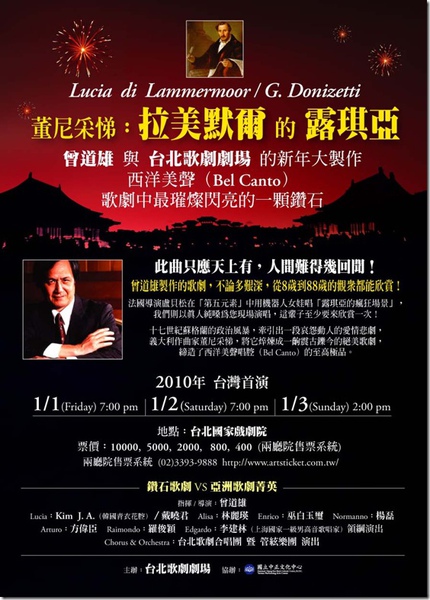December 18, 2009
Op-Ed Contributor
Where Impunity Reigns
By BENEDICT ROGERS
The world needs to be reminded, again and again, that the military regime in Burma (Myanmar) continues to perpetrate every conceivable human rights violation.
Any Burmese showing any dissent is brutally suppressed, as the world witnessed two years ago when peaceful Buddhist monks demonstrated. Many monks were killed or have disappeared; several hundred remain in prison.
Beyond that, more than 2,000 political activists are in Burmese prisons today, subjected to torture, denial of medical treatment and ludicrous sentences.
Student leader Bo Min Yu Ko is serving a 104-year prison term; Shan ethnic leader Hkun Htun Oo has been imprisoned for 93 years; democracy activist Min Ko Naing for 65 years. The most famous human rights activist, Aung San Suu Kyi, has been under house arrest for almost 14 years, and the term was extended for a further 18 months after a sham trial.
Many of these activists are in prisons thousands of miles from their families, and several are critically ill.
One category of victims of the military dictatorship that gets far less attention is Burma’s ethnic minorities.
In eastern Burma, the regime has been conducting a brutal military campaign against people of the Karen, Karenni and Shan groups. Since 1996, more than 3,300 villages have been destroyed and more than a million people internally displaced. A Karenni friend of mine has described it as “Pol Pot in slow motion.”
The catalogue of terror includes the widespread, systematic use of rape as a weapon, forced labor, the use of human minesweepers and the forcible conscription of child soldiers.
In northern and western Burma, the predominantly Christian Chin and Kachin peoples also face systematic religious persecution.
The Muslim Rohingyas, targeted for their faith and ethnicity, are denied citizenship, despite living in Burma for generations. Thousands have escaped to miserable conditions in Bangladesh.
I have travelled more than 30 times to Burma and its borderlands. I have met former child soldiers, women who have been gang-raped, and many people who have been forced to flee from their burned villages.
Earlier this year, I met a man who had lost both his legs following an attack on his village.
When the Burmese Army came, he fled, but after the troops had moved on, he returned to his smoldering village to see if he could salvage any remaining belongings. Where his house had stood, he found nothing except ashes — hidden in which was a landmine laid by the troops. He stepped on the mine, and lost both legs.
He was carried for an entire day for basic medical treatment and then, a few weeks later, he walked on crutches through the jungle for two days to escape. He fled to a camp for internally displaced people near the Thai border. Four months later, that camp was attacked and he had to flee again.
An eyewitness once told me that in a prison camp in Chin State, prisoners who tried to escape were repeatedly stabbed, forced into a tub of salt water, and then roasted over a fire. A woman in Karen State described to me how her husband was hung upside down from a tree, his eyes gouged out, and then drowned.
The United Nations has documented these atrocities. For years, General Assembly resolutions have condemned the abuses. Previous special rapporteurs have described the violations as “the result of policy at the highest level, entailing political and legal responsibility.” A recent General Assembly resolution urged the regime to “put an end to violations of international human rights and humanitarian law.”
The U.N. has placed Burma on a monitoring list for genocide, the Genocide Risk Indices lists Burma as one of the two top “red alert” countries for genocide, along with Sudan, while the Minority Rights Group ranks Burma as one of the top five countries where ethnic minorities are under threat. Freedom House describes Burma as “the worst of the worst.”
This year, the United States reviewed its Burma policy and adopted a new approach of engagement while maintaining existing sanctions.
While this is the right approach in principle, and one advocated by the democracy movement, the danger is that the message has been misinterpreted, both by the regime and countries in the region.
Even though President Obama and senior U.S. officials have consistently emphasized that sanctions will not be lifted until there is substantial and irreversible progress in Burma, including the release of Aung San Suu Kyi and all political prisoners and a meaningful dialogue between the regime, the democracy movement and the ethnic nationalities, the impression created in the region is that the U.S. is going soft.
This is unfortunate, as it has let Burma’s neighbors off the hook just when they were showing tentative signs of toughening up their approach. Trying to talk to the generals is right, but it needs to be accompanied by strong and unambiguous pressure.
In short, little action has been taken by the international community. Countries continue to sell the regime arms, impunity prevails.
The violations perpetrated by the regime amount to war crimes and crimes against humanity. The Harvard Law School’s report, “Crimes in Burma,” commissioned by five of the world’s leading jurists, concludes that there is “a prima facie case of international criminal law violations occurring that demands U.N. Security Council action to establish a Commission of Inquiry to investigate these grave breaches.”
Last week marked the 61st anniversary of the Universal Declaration of Human Rights. If that is to mean anything in Burma, the time has come for the U.N. to impose a universal arms embargo on the regime, to invoke the much-flaunted “Responsibility to Protect” mechanism, and to investigate the regime’s crimes. The time to end the system of impunity in Burma is long overdue.
Benedict Rogers is East Asia Team Leader with the human rights organization Christian Solidarity Worldwide, and author of several books on Burma, including “Than Shwe: Unmasking Burma’s Tyrant.”
![]()

![]()







 這支酒不錯。推!下次有機會還會再買。
這支酒不錯。推!下次有機會還會再買。 (想吃東西的時候一定會露出這種假面的溫柔)
(想吃東西的時候一定會露出這種假面的溫柔) (等到不耐煩了。)
(等到不耐煩了。)



